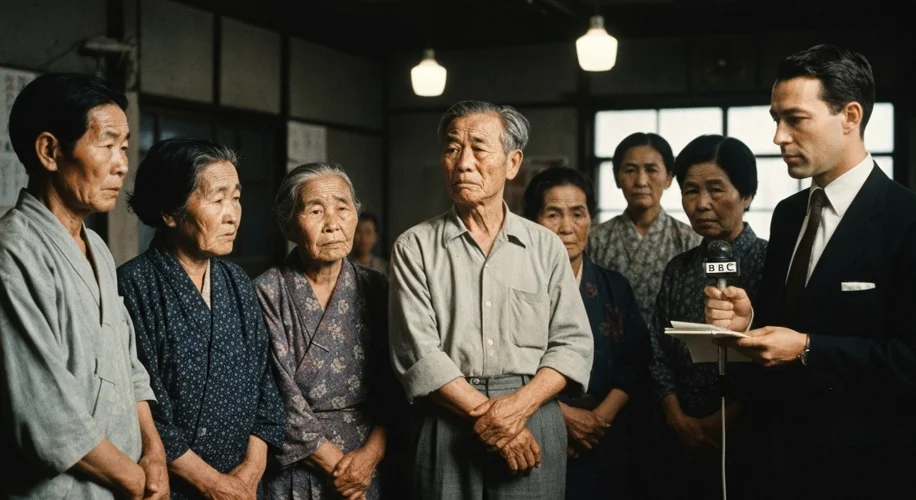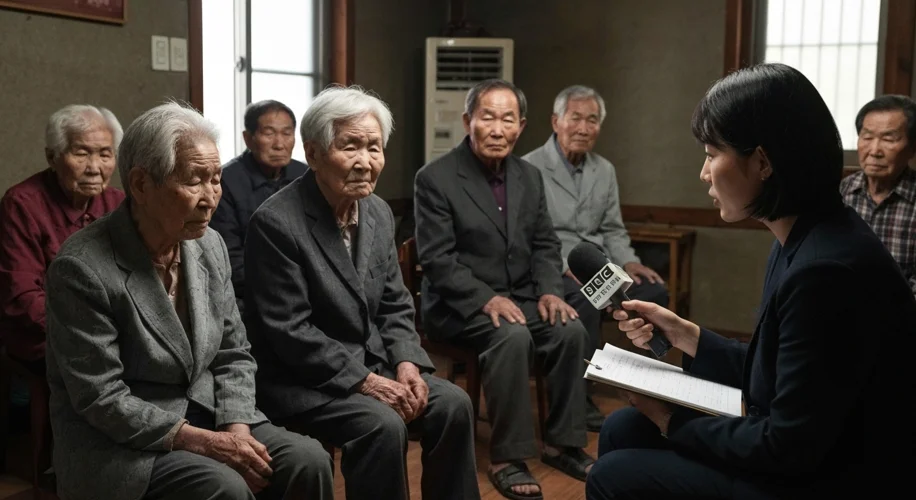The 6th of August, 1945. A day etched in infamy, forever marked by the unleashing of atomic fury upon Hiroshima. While the world remembers the devastating impact on Japan, another poignant and often overlooked narrative lies buried within the ashes: that of the Korean laborers, conscripted and coerced to work for the Japanese empire, caught in the heart of the cataclysm.
From the early 20th century, Korea endured Japanese colonial rule. As World War II raged, Japan, facing mounting manpower shortages, aggressively conscripted Koreans into forced labor. Tens of thousands were sent to Japan, working in mines, factories, and construction sites, far from their homeland. Hiroshima, a major industrial and military center, became a hub for such labor.
When the Enola Gay dropped “Little Boy” on Hiroshima, it wasn’t just Japanese citizens who suffered. Among the estimated 140,000 people killed in the immediate aftermath and the following months were thousands of Koreans. These were men and women, some barely out of their teens, who had been brought to a foreign land under false pretenses or sheer coercion, only to face an unimaginable death.
The stories that emerged from the survivors are harrowing. Chung Kwang-il, who was 16 at the time, recounted being pulled from the rubble, his body burned and his skin peeling. He spoke of the pervasive smell of burning flesh and the agonizing cries of the wounded, both Japanese and Korean, collapsing together in a shared inferno. His memories are not just of physical pain, but of the profound sense of abandonment and the struggle to survive in a city that had ceased to exist.

Another survivor, Kim Sun-soo, then a young man working in a Mitsubishi factory, described the immediate confusion. “We didn’t know what had happened. It was like the sun fell from the sky,” he later recalled. The chaos that followed was immense. Medical aid was virtually nonexistent, and the distinction between Japanese and Korean survivors often blurred in the desperate struggle for survival. Many Koreans, lacking identification and speaking a different language, faced further discrimination even in their suffering.
The aftermath was a brutal testament to their plight. Those who survived the initial blast and the ensuing radiation sickness often found themselves ostracized. Some struggled to return to Korea, their lives irrevocably altered, carrying physical and psychological scars that would never truly heal. The Japanese government’s efforts to provide aid and reparations were often slow and inadequate, further marginalizing the Korean victims.
Decades later, the BBC would revisit these forgotten voices. In a poignant report, the experiences of Korean survivors of the Hiroshima bombing were brought to light, offering a critical and often missing dimension to the historical narrative. These interviews served not only as a testament to their resilience but also as a stark reminder of the human cost of war, transcending national boundaries.
The Korean experience in Hiroshima highlights a complex historical reality: the entanglement of colonial exploitation and the horrors of modern warfare. It underscores the fact that in times of conflict, the most vulnerable populations often bear the brunt of the devastation, their stories frequently relegated to the footnotes of history. The efforts to document and share these testimonies are crucial for a complete understanding of the atom bomb’s legacy and for honoring the memory of all its victims, regardless of their nationality.

